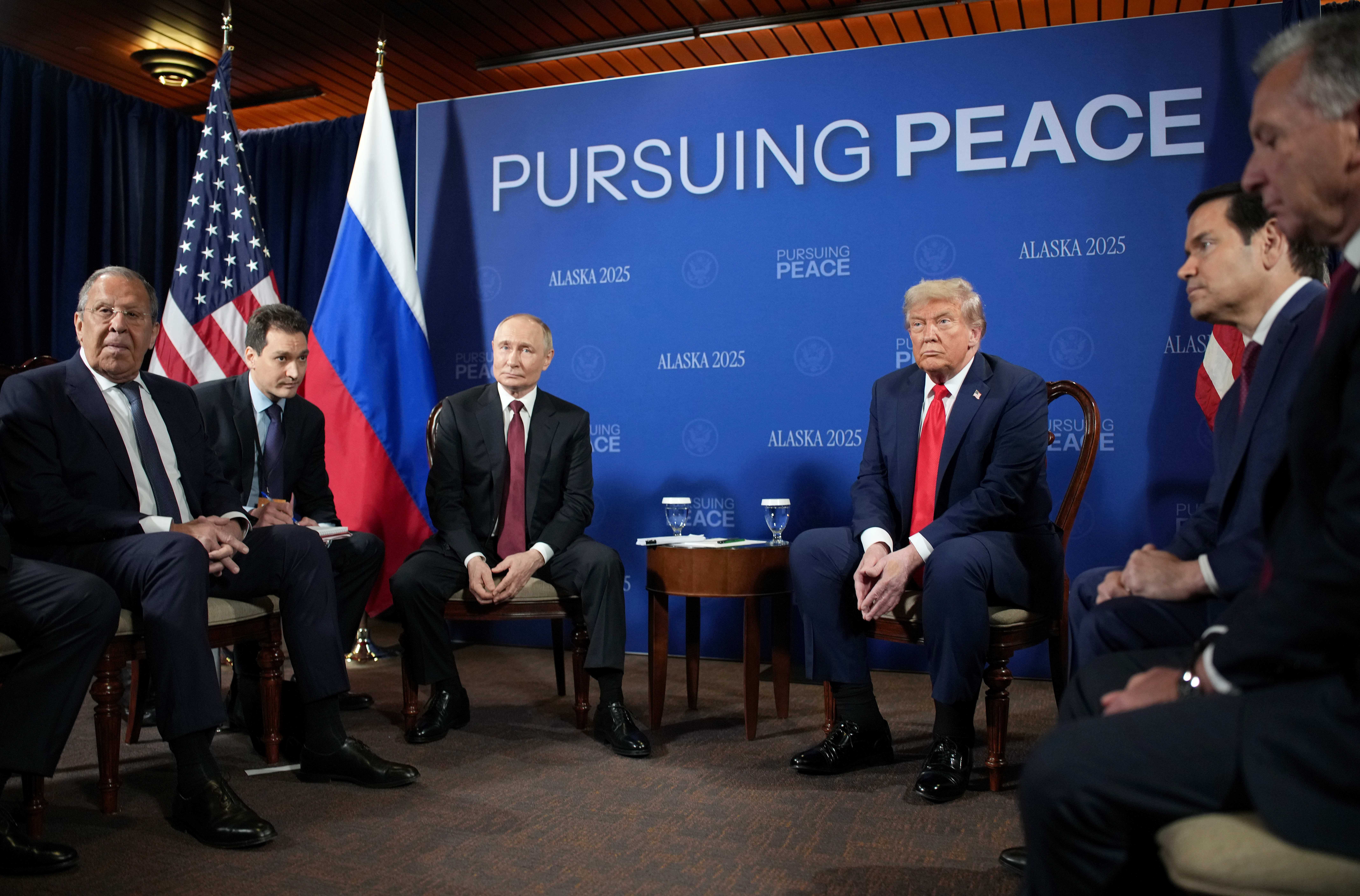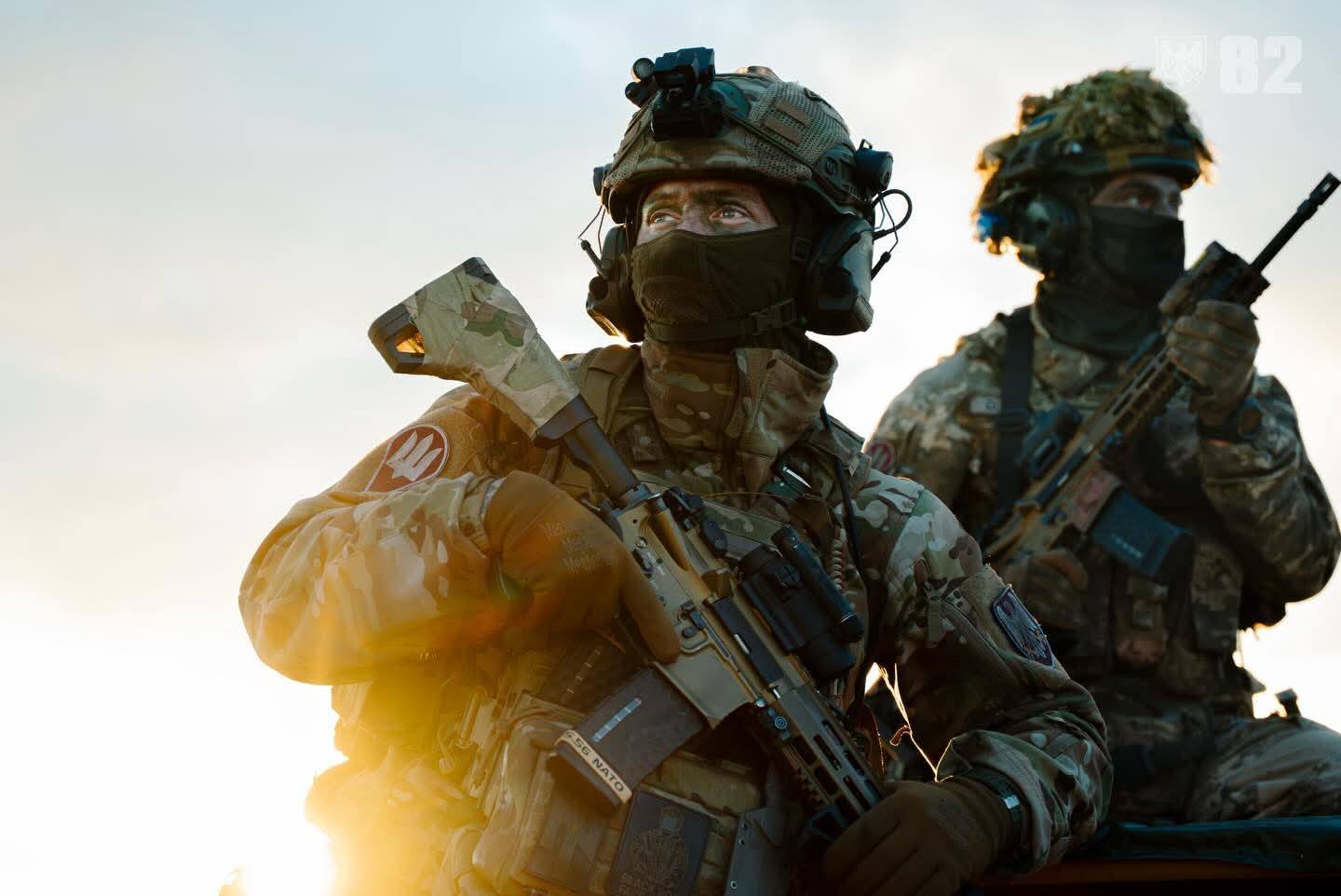UZBEKISTAN ACCEDES TO COLLECTIVE SECURITY TREATY ORGANIZATION
UZBEKISTAN ACCEDES TO COLLECTIVE SECURITY TREATY ORGANIZATION
Uzbek President Islam Karimov joined the presidents of the Collective Security Treaty Organization’s member countries — Russia, Belarus, Armenia, Kazakhstan, Kyrgyzstan, and Tajikistan — in Minsk on June 23 for a meeting of the CSTO’s top political body, the Collective Security Council. At the meeting, Russian President Vladimir Putin announced that Uzbekistan has become a member of the CSTO.
The move, a strategic and political boon to Russia, caps the process of Uzbekistan’s alienation from the United States, breakdown in the U.S.-Uzbek shared threat perception (one that Washington had successfully nurtured for several years post-9/11 in Central Asia) and mutual loss of the U.S.-Uzbekistan security partnership. It is the result largely (though not exclusively) of Washington’s one-sided response to the May 2005 conflagration in Andijan, which led sequentially to closure of the American air base at Karshi-Khanabad, the November 2005 signing of the Russia-Uzbekistan alliance treaty, and, now, Uzbekistan’s accession to the CSTO, which completes Uzbekistan’s reversal of alliances in Russia’s favor.
Uzbekistan had been one of the original signatories to the 1992 CIS Collective Security Treaty, indeed host to the founding summit of that alliance, also known as the Tashkent Treaty. However, Karimov abandoned the treaty in 1999, using the available legal device of not prolonging Uzbekistan’s participation beyond that date. Thus, he turned that Treaty into a Tashkent sans Tashkent. Underscoring the strategic significance of that move, Karimov announced it while attending the 1999 NATO summit in Washington, where he also announced Uzbekistan’s accession to the U.S.-supported GUAM group of countries (Georgia, Ukraine, Azerbaijan, Moldova) that thus became GUUAM.
Russia turned the group of countries signatory to the CIS Collective Security Treaty into a full-fledged organization, the CSTO, in May 2002 without Uzbekistan. By that time, Karimov had taken the risk of challenging Russia in committing himself to the security partnership with the United States. After that partnership’s collapse and the November 2005 signing of the Russia-Uzbekistan alliance treaty, Karimov nevertheless declined or temporized on Moscow’s entreaties to him to join the CSTO. The organization’s General-Secretary, Nikolai Bordyuzha, and other Russian officials publicly suggested on several occasions in Tashkent that Uzbekistan could participate in specific activities in the CSTO framework while deferring a possible decision on membership for a later stage. Karimov demurred also from this option as recently as May. According to Russian officials during the June 23 Minsk summit, Uzbekistan had not submitted any request to join the CSTO in the run-up to this event.
Thus, Karimov’s decision to join came as a surprise and appears to have been finalized on the spot, in a tete-a-tete meeting with Putin. Emerging from their meeting, Putin announced, “As of this moment, we regard Uzbekistan as a regular full-fledged member of the organization, fully taking part in its work.” To circumvent formal procedures and help Karimov save face, Putin pretended that Uzbekistan was merely “lifting a moratorium on active participation in the CSTO.” Karimov, in turn, claimed that Uzbekistan is simply “restoring its membership” in the CSTO. Karimov further pleased Putin by reminding the media that Uzbekistan had quit GUAM.
The Uzbek president offers two rationales for joining the CSTO: First, “the situation in the world and in Central Asia requires of Uzbekistan, and Uzbekistan deems necessary, to restore [sic] its membership in the CSTO. This event will attract the attention of those located far away from the territory we are on now” (Uzbek Television Channel One, June 24). His comment reflects the stake placed on Russia as regional security provider while alluding to the loss of confidence in the U.S.-Uzbekistan security partnership.
Karimov’s other argument holds that having recently joined EurAsEc (Eurasian Economic Community, consisting of Russia, Belarus, Kazakhstan, Kyrgyzstan, and Tajikistan, plus Uzbekistan since January 2006), Uzbekistan “cannot stop half-way and must also become a member of CSTO,” as “EurAsEc and CSTO are interconnected organizations, carrying out shared tasks” (Uzbek Television Channel One, June 24). This assertion echoes that made by Putin during this summit, apparently for the first time publicly, about the two organizations’ convergent agenda.
(Interfax, UzReport.com, Uzbek Television Channel One, June 23, 24; see EDM, November 17, 2005 and April 17, May 16)


